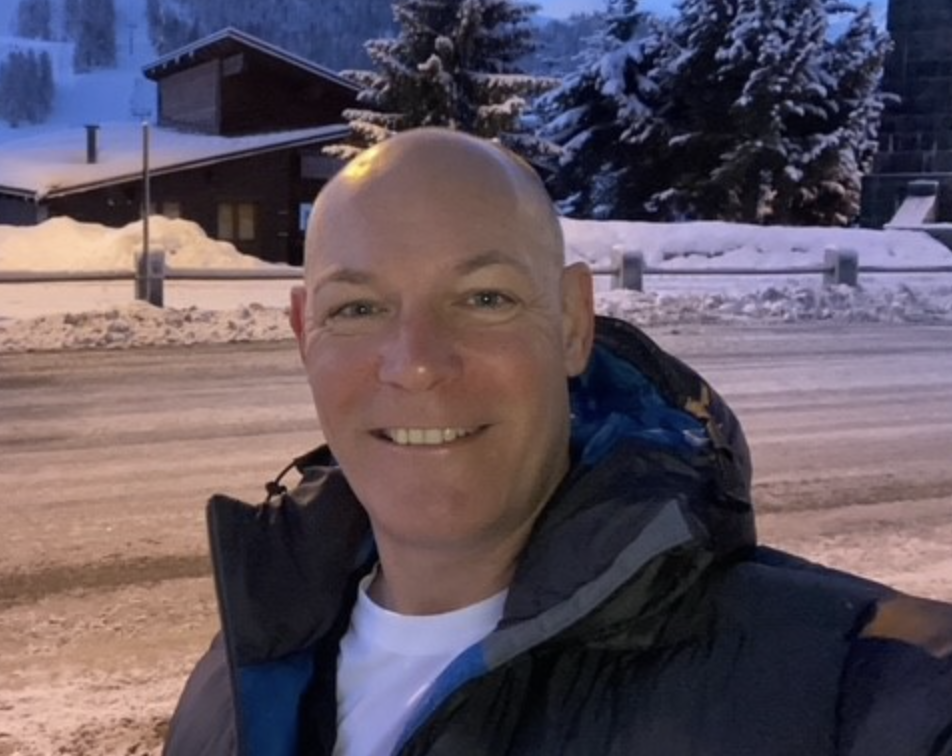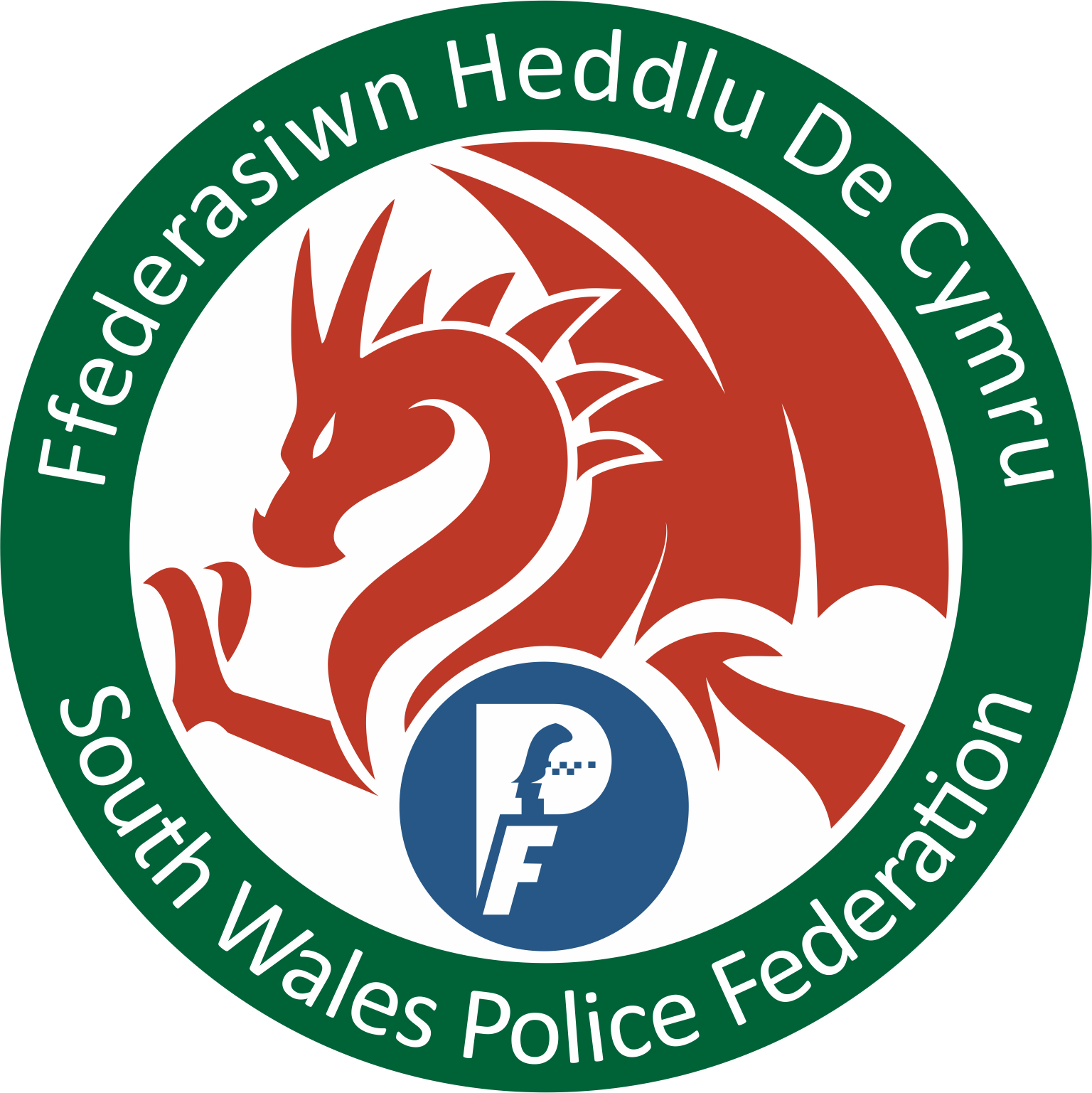Meet your reps - going through the conduct process drove sergeant to become a rep
Sergeant Jonathan Rice says that going through the conduct process as a young officer was a driver for him becoming a South Wales Police Federation rep.
Jonathan said the experience means he understands what members are feeling if they have to go through the process.
He said: “Like a lot of Federation reps, I had been involved in the discipline avenue early in my career and had early support from the Federation.
“That was a very early driver, having been through the discipline process myself.
“I can engage with officers and know how they’re feeling, what they’re going through, and having those fears.
Response officer
“It puts you in a good position to be a rep.”
Jonathan is in his 28th year with South Wales Police. He has worked a number of roles including police probation trainer, response officer, neighbourhood officer and a custody sergeant.
“I stayed in the custody world for more than 10 years but in more of a strategic role, policy writing and developing the custody strategies,” he said.
“A career highlight was being involved in the designing and building of two brand new bridewells, two custody suites in South Wales, because we wanted them from an operational perspective.

Sergeant Jonathan Rice.
“So rather than being given a building and told to squeeze everything into that, we were able to decide how the building was designed and developed based on working practices, which is unique.
“Those bridewell designs are blueprints for a lot of other forces in the country, which is quite nice.”
Jonathan became a Federation rep in 2021, and less than a year later he grabbed the chance to become the branch’s health and safety lead. He celebrates two years in the role in May.
“I enjoy the health and safety side of things,” he said. “Early on in my training background I did my health and safety qualifications in college through South Wales Police.
“That went hand in hand with delivering health and safety input to student officers and police staff, particularly around induction training.
“I’ve always been highlighted as the health and safety rep in various department because of that qualification, and my learning has continued throughout my service.
Partner agencies
“When I was on the police stations project, the health and safety element was invaluable in helping design and think about working with partner agencies.
“When you’re working with construction firms, electricians, architects, just having that health and safety background came in handy in putting ideas forward and understanding that jargon.”
Jonathan said that he also brings experience from outside policing to the role, having worked in the retail sector for 10 years before joining the police.
“I’ve got some that experience of working in a different area outside of policing,” he said. “And then I bring my experience of working across police departments as well.
“I also bring experience of operational training, officer safety training, which are areas officers can come unstuck in.
“Combine that with the health and safety knowledge, I think I bring a lot to the role in that way.”
Disciplinary issues
Jonathan said one of the most rewarding things about the role is that members appear quicker to turn to the Federation for support.
“Officers seem to be more engaging with the Federation,” he said.
“They will come to us far quicker with problems and issues, rather than leaving things to fester as they may have in the past.”
Those problems include disciplinary issues, and Jonathan said that officers’ actions are ‘under the microscope’ more than ever.
“The social and public behavioural expectations of police officers have changed massively,” he said.
“An officers’ behaviour is going to be dealt with differently today to 10 years ago because of the way that society has changed and the precedents that have been set.
“It’s really put police officers under the microscope.
“The discipline bar that has been set by forces and by professional standards has been greatly lowered, so more people are facing misconduct than there were years ago, that’s a big challenge.”
New recruits
Other challenges included policing being the service of last resort and the degree entry route potentially putting off suitable new recruits.
“I think the role of a police officer from what we deal with has broadened out into other agencies’ responsibilities.
“We’re encroaching into the areas of other services because they’ve also had funding cuts, and because we can’t say no, it puts a lot of pressure on us.
“At the same time, there are pressures of recruitment and retention, because the police is not the job it was years ago.
“Then, it was a job for life and a great pension, but the landscape has changed.
“It’s still a good job but because we have fallen behind with pay, it’s not as attractive as it once was.
“And people don’t want to do a degree to come into the police.
“A lot of the police service’s recruitment was from ex-military over the years. They’ve been a great resource.
“That has slowed down because ex-squaddies who have done 10 years don’t want to suddenly have to study a degree.
“The pressure of a degree when you’ve got a family, plus shift work, it does put people off.”
READ MORE: Special constable says unique role can help Federation create positive change.
